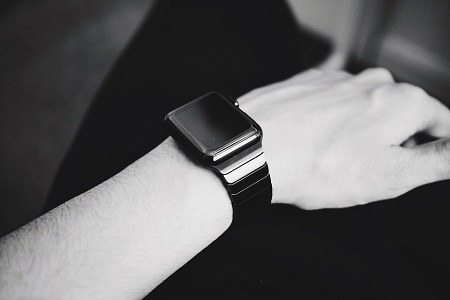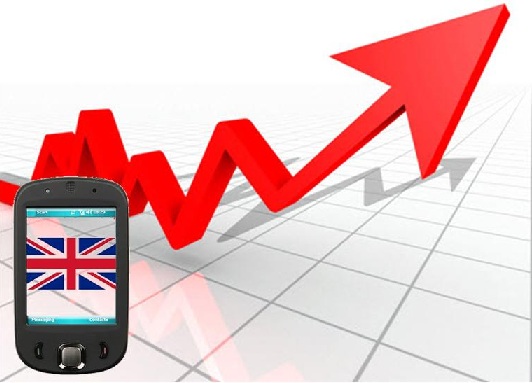The tech giant is getting ready to launch two wearable technology devices on its upgraded operating system.
Google will launch two smartwatches based on Android Wear 2.0 in the first quarter of 2017. The Google Android Wear product manager, Jeff Chang revealed these details in an interview conducted by The Verge.
Chang spoke to the publication about the wearables which will be the first to use this operating system.
Until now, there had been only rumors of new Google smartwatches. Now, Chang has confirmed not only the wearables but also that they will be the first to run on the Android Wear 2.0 operating system. This is the latest big announcement in the wearable technology industry to help to encourage consumers to take interest in smartwatches. As much as there has been a great deal of growth in that category of mobile devices, consumers haven’t been purchasing anywhere near the rate that was predicted by many industry analysts, including eMarketer.
The Android Wear 2.0 smartwatches from Google won’t have the company’s brand, nor will it be Pixel.
 Instead, the smartwatches will carry the brand of the company manufacturing them. According to Chan, Google worked with the manufacturer (which has remained unnamed by the time of the writing of this article) to create the software and hardware design of the wearables. Though the manufacturer continues to be unnamed, Chang did mention that it is a company that has previously made Android Wear devices.
Instead, the smartwatches will carry the brand of the company manufacturing them. According to Chan, Google worked with the manufacturer (which has remained unnamed by the time of the writing of this article) to create the software and hardware design of the wearables. Though the manufacturer continues to be unnamed, Chang did mention that it is a company that has previously made Android Wear devices.
Following the initial launch of the 2 Google smartwatches, there will be others that will be upgraded to the Wear 2.0 operating system in 2017. They include: Tag Heuer Connected, Polar M600, Moto 360 Gen 2, Moto 360 Sport, Casio Smart Outdoor Watch, Fossil Q Wander, Fossil Q Marshall, Fossil Q Founder, Huawei Watch, Huawei Watch Ladies, LG Watch Urbane 2nd Edition LTE, LG Watch Urbane, LG G Watch R, Asus ZenWatch 2, Asus ZenWatch 3, Nixon Mission, Michael Kors Access Bradshaw Smartwatch, and Michael Kors Access Dylan Smartwatch.
The other devices will receive their Android 2.0 updates following the launch of the Google smartwatches. The upgraded platform is meant to provide users with a new spectrum of features.

 This growth in UK mobile commerce
This growth in UK mobile commerce 